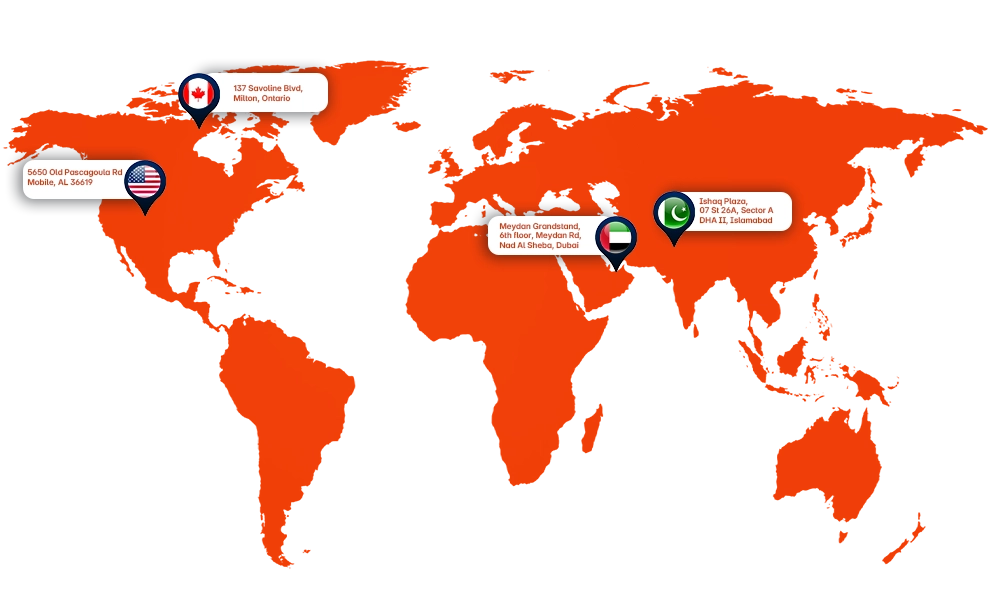The way people search online is changing fast. In 2025, customers in Miami don’t just type in random words when they need something. They’re using “near me” searches, voice commands, and AI-powered apps to find businesses right where they are. If your business isn’t showing up in those local searches, your competitors will grab the customers instead.
That’s where local SEO Miami comes in. It makes sure your business shows up when people nearby are searching for the products or services you offer. Let’s break it down in simple terms.
What is Local SEO?
Local SEO (Search Engine Optimization) is the process of helping people in your area find your business online. Think of it as the digital version of putting your store on a busy street corner where everyone can see it.
When someone in Miami searches “best tacos near me” or “hair salon in Little Havana”, Google decides which businesses to show first. Local SEO makes sure your business has the best chance of being on that list. Without it, you could be just a few blocks away from a customer but be completely invisible online.
Local SEO vs. Traditional SEO
To understand local SEO better, let’s compare it with traditional SEO:
Traditional SEO
Focuses on getting your website ranked nationally or even globally.
Example: A clothing brand that wants to ship products across the U.S. would use traditional SEO to rank for terms like “affordable summer dresses.”
Local SEO
Focuses only on a specific city, region, or neighborhood. Example: A boutique in Wynwood wants to rank for “Miami boutique” or “clothing store Wynwood.”
Key Elements of Local SEO
Here’s what goes into making local SEO work:
Google Business Profile
Your profile is what shows up in Google Maps and local search results. The more complete and updated it is (hours, photos, services), the more likely Google will recommend your business.
NAP Consistency (Name, Address, Phone Number)
Your contact details need to be the same everywhere online. You can list them on your website, social media, and directories. Inconsistent info confuses both customers and Google.
Customer Reviews
Positive reviews act like digital word-of-mouth. The more good reviews you have (and the more you respond to them), the more trust you build with both people and search engines.
Local Keywords
These are search phrases that include your service + location, like “Miami lawyer,” “South Beach hotel,” or “car repair in Brickell.” Using them on your website helps customers in Miami find you instead of businesses miles away.
Key Local SEO Strategies for 2025
Local SEO isn’t just about showing up in Google. It’s about making sure your Miami business looks trustworthy, relevant, and easy to find.
Here are the top strategies you should focus on this year:
1. Optimize Your Google Business Profile
Your Google Business Profile (formerly Google My Business) is like your online storefront. When someone searches for your type of business, this profile often shows up before your website.
- Keep your hours, address, and phone number updated.
- Add fresh photos of your products, services, or team.
- Use the “Posts” feature to share promotions, events, or updates.
- Make sure your profile categories match your business (e.g., “Italian Restaurant” vs. just “Restaurant”).
Example: If you run a café in Brickell, adding photos of your menu, latte art, and cozy interior will make customers more likely to visit.
2. Use AI Tools for Keyword Research
The way people search is changing. Instead of typing “lawyer Miami,” they may say to Siri: “Who’s the best family lawyer near me?” AI-powered tools help you discover these exact phrases so you can use them in your website content, blog posts, and profiles.
- Look for keywords that combine your service + Miami neighborhood (like “roof repair Coral Gables”).
- Don’t forget bilingual keywords. Many Miami residents search in Spanish as well.
Example: A dental clinic in Little Havana could optimize for both “dentist near me” and “dentista en Miami.”
3. Collect and Manage Customer Reviews
Reviews are the new word-of-mouth. In 2025, people won’t even consider a business without reading what others say first.
- Ask happy customers to leave a Google review.
- Reply to every review. Thank people for positive ones, and politely address negative ones.
- Highlight reviews on your website and social media.
Example: A Miami car repair shop with 200 good reviews will almost always get more business than one with only 5 reviews.
4. Focus on Mobile and Voice Search
Most searches now happen on mobile phones, and more people are using voice search every day. If your website isn’t mobile-friendly, you’ll lose customers.
- Make sure your site loads fast on phones.
- Use simple, clear answers on your site (like FAQs) so voice assistants can read them out.
- Add directions and clickable phone numbers for quick calls.
Example: If someone says, “Find a 24/7 plumber in Miami Beach,” and your site clearly says “We’re available 24/7 in Miami Beach, call now,” you have a better chance of being chosen.
5. Build Local Links and Partnerships
Google trusts businesses that are connected to their community. One way to show that is through backlinks. These are links that come to your website from other local websites.
- Partner with local bloggers, news outlets, or event sites.
- Sponsor community events and get listed on their websites.
- Collaborate with nearby businesses for cross-promotions.
Example: A fitness studio in Wynwood could sponsor a local art walk, get featured on the event’s website, and attract new customers searching for gyms in that area.
Final Thoughts
In 2025, local SEO isn’t just a “nice to have”. It’s the key to staying competitive in Miami’s crowded market. Customers are searching for businesses like yours every day. The question is: will they find you, or your competitor?
The good news is, you don’t need a huge budget to get started. By focusing on your Google Business Profile, reviews, and Miami-specific keywords, you can take big steps forward.




